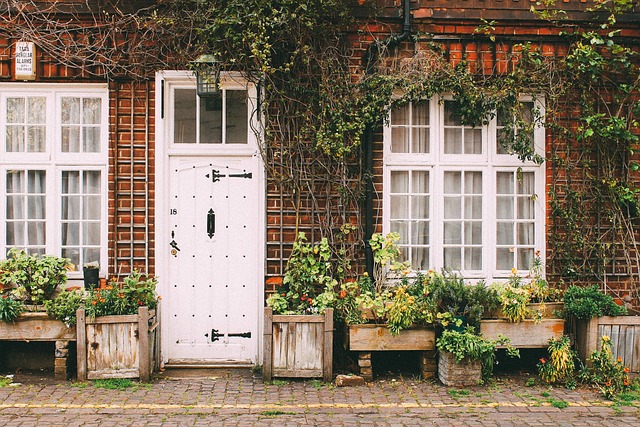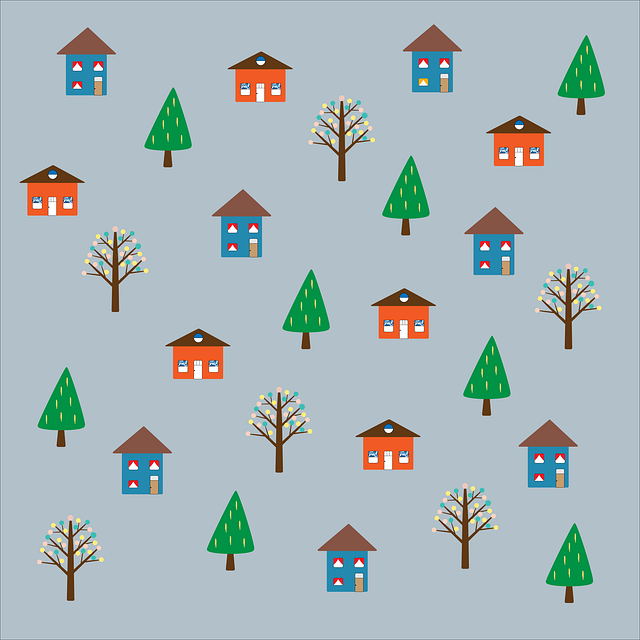House sitting offers a cost-effective and culturally enriching opportunity for snowbirds and globe-trotters, serving as both a home base and a passport to exploration. This arrangement allows individuals to manage homes overseas, taking on responsibilities such as pet care or garden upkeep, which is ideal for those who want the stability of a home while traveling. Snowbirds can enjoy the comforts of their own space after moving between different climates, and house sitters gain a deep cultural immersion by living among locals. This mutual agreement not only fosters community and trust but also provides an alternative to expensive short-term rentals. It's a viable option for those looking to combine the comforts of home with the freedom of travel, without the financial strain. House sitters who successfully manage homes through clear communication, adherence to care instructions, and local emergency preparedness can enjoy significant savings while living authentically in different parts of the world. This lifestyle choice not only saves money but also promotes personal growth and can lead to more house-sitting opportunities, making it a sustainable travel option for adaptable individuals.
Exploring the world as a snowbird or traveler presents unique opportunities and challenges. House sitting emerges as a practical solution for those seeking to extend their travel horizons without the constraints of temporary accommodations. This article delves into the nuances of house sitting, offering valuable insights for those looking to optimize their travel experience. From understanding the responsibilities and benefits to navigating the perspective of the homeowner, “Maximizing Your Travel Experience with House Sitting: A Snowbird’s Guide” and “The Traveler’s Perspective on Responsible House Sitting: Tips, Responsibilities, and Benefits” provide comprehensive guidance for seasoned snowbirds and globetrotters alike. Discover how house sitting can be a mutually rewarding arrangement that allows for extended stays in new locales, offering a truly immersive travel experience.
- Maximizing Your Travel Experience with House Sitting: A Snowbird's Guide
- The Traveler's Perspective on Responsible House Sitting: Tips, Responsibilities, and Benefits
Maximizing Your Travel Experience with House Sitting: A Snowbird's Guide

House sitting offers a unique and cost-effective way for snowbirds and travelers to maintain a home base while exploring new destinations. By taking on the role of a temporary caretaker for a property, house sitters can enjoy the comforts of home alongside the freedom to travel. For those who prefer a more settled lifestyle amidst their travels, house sitting provides an opportunity to live in someone else’s home, looking after plants, pets, or even maintaining the property, all while avoiding the costs associated with short-term rentals. This arrangement allows snowbirds to return to a familiar environment after their seasonal journeys, ensuring a smooth transition between warmer and cooler climates. Moreover, house sitters can enjoy the local culture more deeply by living like a resident, gaining insights into neighborhood routines and community events that might elude typical tourists. This symbiotic relationship between homeowners and sitters is not only mutually beneficial but also fosters a sense of community and trust, making it an attractive option for those looking to maximize their travel experience without compromising on the comforts of home.
The Traveler's Perspective on Responsible House Sitting: Tips, Responsibilities, and Benefits

House sitting presents a mutually beneficial arrangement for both property owners and travelers, particularly for those who migrate seasonally or engage in extended travel, commonly known as snowbirds. From the traveler’s perspective, responsible house sitting offers an opportunity to explore new environments while providing a vital service. As a house sitter, one assumes the role of caretaker, ensuring the home remains well-maintained and secure in the absence of the owner. This responsibility requires adherence to a set of guidelines that safeguard the property and uphold the trust placed in the sitter.
To ensure a successful house-sitting tenure, it’s crucial to engage with the homeowner prior to departure to understand specific care instructions, household systems operation, and any particular pet or plant care routines. Communication should be clear and ongoing, with updates provided as needed. Additionally, sitters should familiarize themselves with local emergency contacts and services. The benefits of house sitting are manifold: it can significantly reduce accommodation costs during travel, offer a sense of home and continuity while abroad, and provide the unique experience of living like a local. Furthermore, the responsibility fosters trustworthiness and attentiveness, qualities that enhance personal growth and the potential for future house-sitting opportunities. Engaging in this practice responsibly not only ensures the longevity of the arrangement but also contributes to a positive reputation within the house-sitting community, making it a rewarding endeavor for those who are open to embracing the lifestyle.
house sitting emerges as a mutually beneficial arrangement for snowbirds and global travelers alike. By leveraging this practice, individuals can enjoy extended stays in new environments without the overhead of traditional accommodations. For those migrating with the seasons, or those seeking to explore the world from a local’s perspective, house sitting offers an opportunity to immerse oneself in different cultures and communities while ensuring homes remain cared for. As the article has detailed, with the right approach and understanding of responsibilities, house sitting can be a rewarding experience for both homeowners and sitters. It’s clear that this practice is set to gain traction as more people recognize its potential to enhance their travel experiences.






